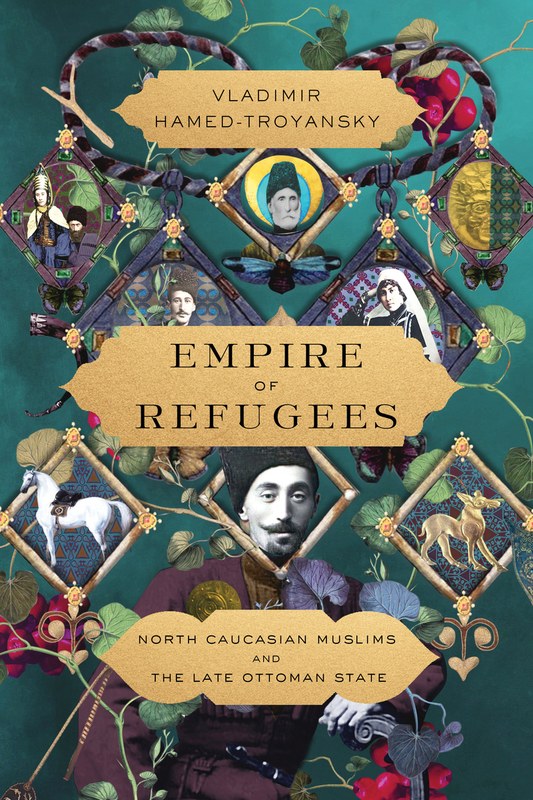23. Juni @ 18:00 – 20:00
Between the 1850s and the First World War, the Ottoman Empire became a sanctuary for nearly one million Muslim refugees fleeing the expanding Russian Empire. These refugees—Circassians, Chechens, Dagestanis, and others—established hundreds of villages across the Ottoman Balkans, Anatolia, and the Levant. Some of these communities evolved into major urban centers, such as today’s city of Amman.
In his groundbreaking new book, Empire of Refugees: North Caucasian Muslims and the Late Ottoman State (Stanford University Press, 2024), Dr. Vladimir Hamed-Troyansky explores how these refugee communities reshaped the late Ottoman world and how the state responded to this unprecedented influx of displaced Muslims. Challenging Eurocentric narratives, Dr. Hamed-Troyansky argues that the Ottoman Empire developed one of the earliest refugee regimes—long before the establishment of systems by the League of Nations and the United Nations.
This talk redefines how we understand migration and displacement in the Middle East and highlights the foundational role of Muslim refugees in the making of the late Ottoman Empire.
👤 About the Speaker
Dr. Vladimir Hamed-Troyansky is Assistant Professor of Global Studies at the University of California, Santa Barbara. A historian of global migration and forced displacement, his research focuses on Muslim refugees and their influence on modern state formation and humanitarianism. He earned his Ph.D. in History from Stanford University and held a postdoctoral fellowship at Columbia University.
His scholarship has been published in leading journals such as Past & Present, Comparative Studies in Society and History, International Journal of Middle East Studies, and Slavic Review. His new book, Empire of Refugees, is now available from Stanford University Press.
Die Veranstaltung wird von Albrecht Fuess, PI bei „Dynamiken des Religiösen“, organisiert.

